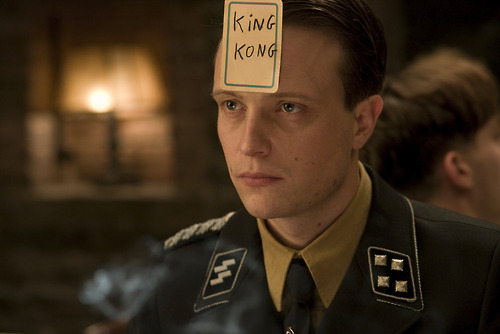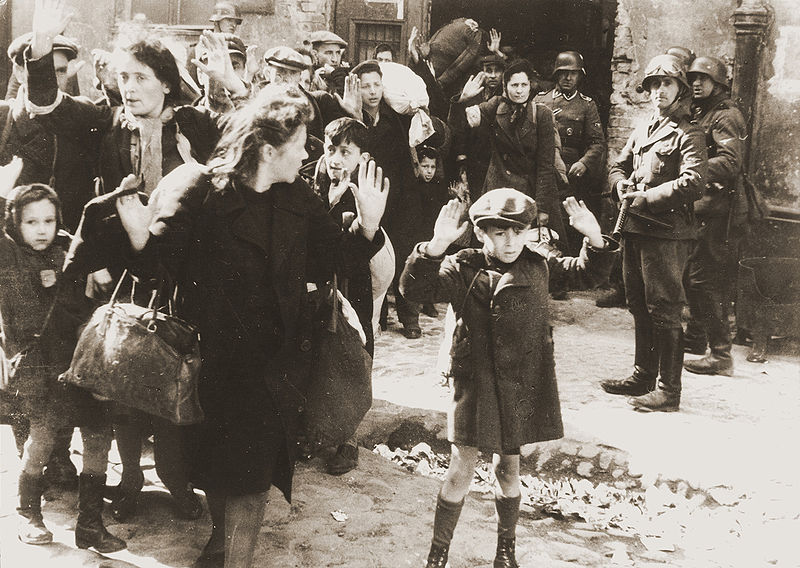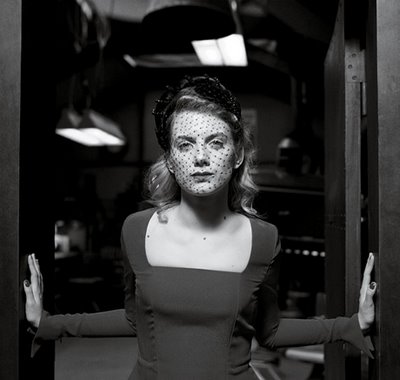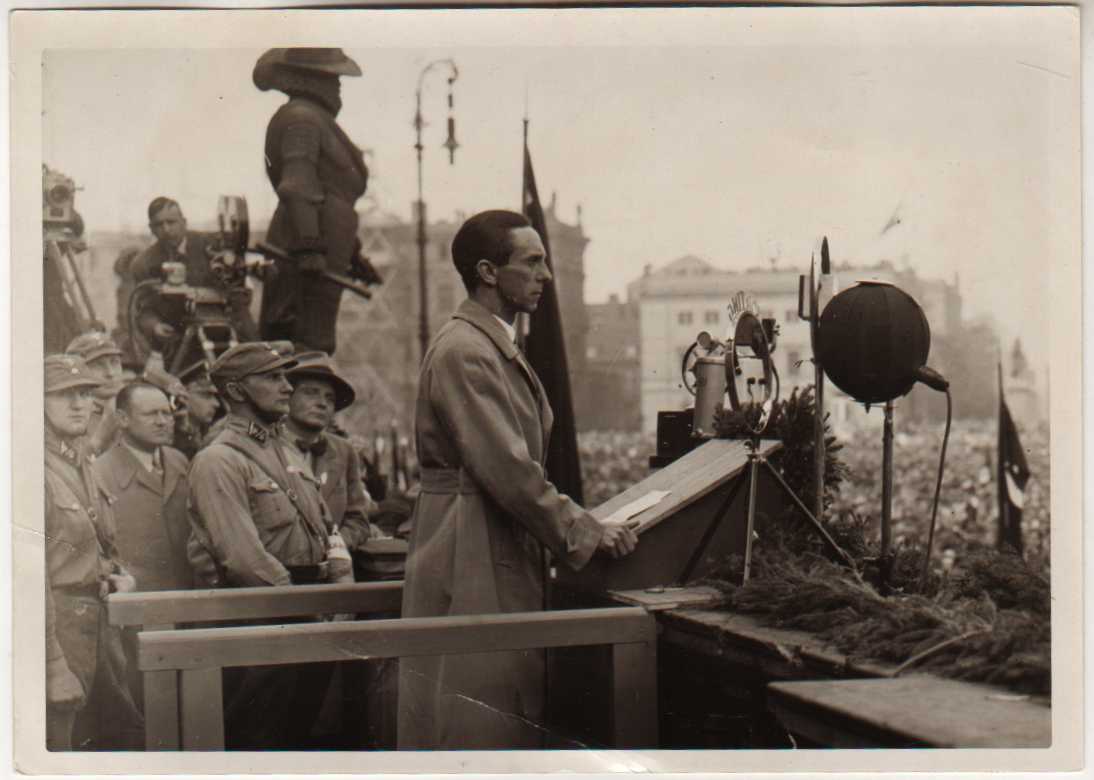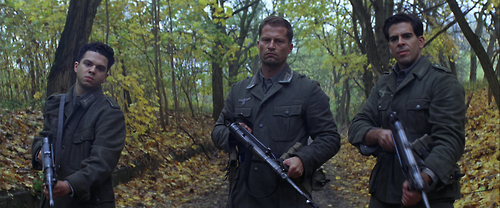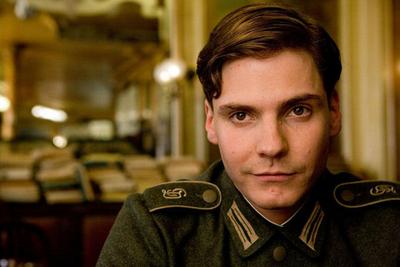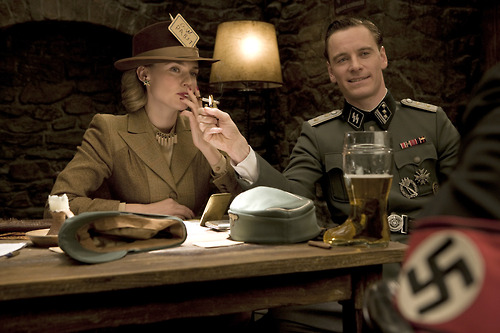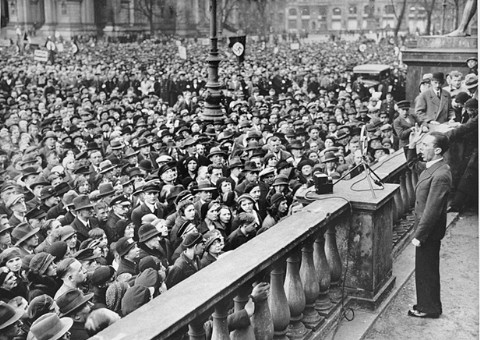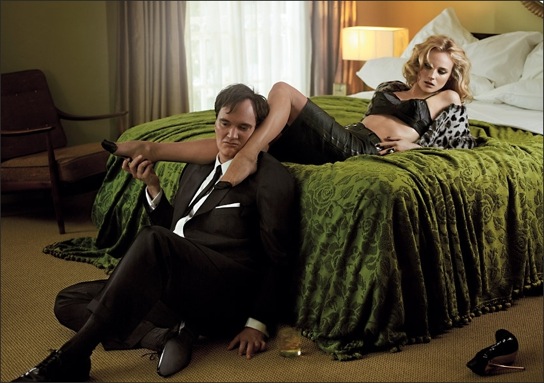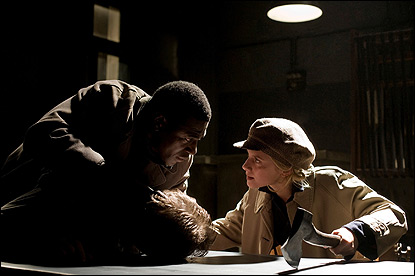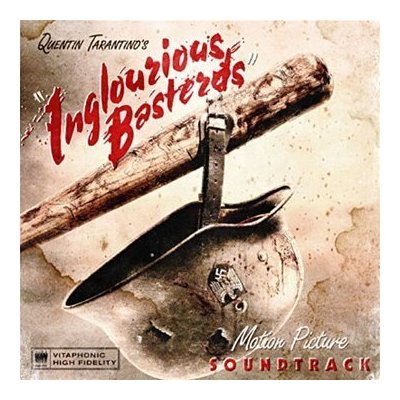 FILM
FILM In Which Violent Delights Abandon Violent Ends
 Tuesday, November 29, 2011 at 10:47AM
Tuesday, November 29, 2011 at 10:47AM 
Convincing Nihilism
by DAYNA EVANS
Carnage
dir. Roman Polanski
79 minutes

Carnage, Roman Polanski's latest, is seventy-nine minutes, features only four characters, is not a part of the Fast and the Furious franchise, and — worst of all — is an adaptation of a stage play. What kept me watching as I struggled with the desire to never have to see Jodie Foster’s face again was the possibility of a blooper reel of John C. Reilly clips at the end in which he happily goofs around. Yes, the individual performances of Carnage are convincing, and their interactions with each another feel natural, but sometimes I found myself asking, "Why does this movie exist?" And I mean that in the nicest way possible.
The film opens with a long shot of a scene of young boys arguing in a Brooklyn Bridge Park and an altercation between two boys in particular leads to one grabbing a large stick and whacking the other across the face with it. It looks painful because that stick was, like, really big. This is our expository opener from which the whole film moves forward. Cut to the glowing screen of a Mac, where Penelope Longstreet (Jodie Foster) narrates an insurance claim as she types, three adults standing behind her. Penelope is predictably wearing octagonal tortoise glasses and is a skilled typist.

From the minute she presses print and lets the claim stream out of the printer into her hand, we have now witnessed all of the action Carnage has to offer. Quietly, I prayed that at least Ethan Longstreet, her “mutilated” son, will show up to bear to us his totally gnarled face and incisors, for necessary gruesome effect. (He doesn't.)
Because there isn’t much else to the plot, and the scene is set within the same boringly obvious Brooklyn apartment, stylized with attention toward modern academic nuances and laden with postmodern art books, apple-pear crumble, and fresh tulips from the "florist on Henry Street," we are forced to focus on the ultimate devolvement of civility between four grown adults. Even the merest discord amounts to high drama for Polanski: when Penelope asks Nancy if she knows a florist, she stares blankly at her. The viewer bears witness to a conversation-cum-argument between the couples for the entirety of the movie, and despite the short length, what it provides is not in itself enough to be compelling.
Enjoying the tension of watching Carnage is about praying for things to get physical — the closest we come is when Penelope tosses Nancy's very expensive-looking purse into the air and Nancy shrieks, "She broke my makeup mirror! And my perfume bottle!" I found myself applauding their sons for at least having a little more gall to pursue resolution with violence instead of with ninny philosophical language and whining. Probably that is Carnage's entire point.

Despite its shortcomings — lack of plot, lack of realism, lack of purpose — there is a glowing light to Carnage that cannot be forgotten, and his name is John C. Reilly. Call me biased because of my love for Steve Brule and Stepbrothers' Dale Doback, but this man is like a blessed angel sent from heaven to shine all over Jodie Foster’s perpetually grapefruity face. While Penelope is busy screeching about her out-of-print Kokoschka book that Nancy has vomited all over, ("There is no other one; it’s a reprint from the catalog of the 1957 show in London"), Michael is busy just playing the role of refined, adult goofball. "Is cobbler cake or pie? Why should pizza be a pie?" he asks, as a means to lighten the conversation. An interesting question, Michael! Perhaps the film's screenwriter (the same as the play — Yasmina Reza) could have added some more thought on that conundrum.
Instead, the decision was made to erode even Reilly’s character into a moral absurdity that looks weirder on him than the maroon merino wool V-neck sweater that he’s wearing. We find out that he’s somewhat of a nihilist. Does a man who refers to vomiting as "tossing your cookies" make for a convincing nihilist? Not exactly. The poor guy is afraid to touch his son's hamster (as he abandons the animal in the street) out of a severe psychological fear of rodents. I mean, come on.

The other adults — Nancy, Penelope, and Alan — are all decently acted, as well, but none really have the bite in them that I was looking for. Penelope is a pitiful drunk who turns into a puddle of tears and belligerence after two sips of scotch, while Nancy becomes less buttoned-up and more of a loud-mouthed aggressor who throws around slurs like "faggot" when she’s feeling feisty. Christoph Waltz, brilliantly cast as Alan, is a sinister and rude attorney who has yet to learn table manners. And though his character acting is brilliant, his constant barking into a blackberry (product placement) only begs the question of why his wife, an investment broker, is not as busy. She has nothing to damned do except sit around and wait to stage reconciliations between adolescent boys. And why the hell is her hair pulled back so tight?
Carnage gets most of its mileage by repeatedly pointing out Brooklyn mothers have no sense of humor. Penelope even reminds us, "I don’t have a sense of humor and I don't want one." Or maybe it’s just all mothers in general who don’t know how to laugh at things that are funny. Michael and Alan get to be leaders of gangs and Ivanhoe disciples, a contrast that strikes me as a little unfair and a lot outdated. It's also impossible to believe that pearl-wearing, fresh linens, and patent-heeled Nancy is actually a Brooklyn mother. That cerulean Pashmina scarf has never seen the light below 57th street.

Watching the claustrophobic Carnage, I was entertained by the novelty of the performances, contained as they are in a small space. By the end, I started to dislike it and was, more than anything, irritated by its existence. This represents an unfamiliar kind of betrayal for me because I usually sit through every movie quietly disliking it from the get-go unless it’s full of explosions or it gives me an opportunity to admire the overt dullness of Paul Walker.
The film concludes with a dramatic gesture from Nancy, who pulls the Henry Street tulips from their vase and smashes them all over the recently vomit-covered coffee table as she lazily mutters, "This is the worst day of my life." The blackberry buzzes, the screen fades to black, and within seconds, it fades back to a little orange hamster sniffing happily in the grass outside in the big, bad world. And boy, do we feel for that hamster. Free from the caricatures of New York City parenthood, there are no bounds to what you can do, little guy. Run with it.
Dayna Evans is the senior contributor to This Recording. She is a writer living in Bangladesh. You can find an archive of her writing on This Recording here. She tumbls here.

He's Only One Man: Roman Polanski
Daniel D'Addario on Frantic
Kara VanderBijl on Tess
Alex Carnevale on Bitter Moon
Karina Wolf on Repulsion & Cul-de-sac
Polanski's Script

"Out Loud" - Kidstreet (mp3)
"Nineteen Ninety-Three" - Kidstreet (mp3)
"Penny Candy" - Kidstreet (mp3)
































